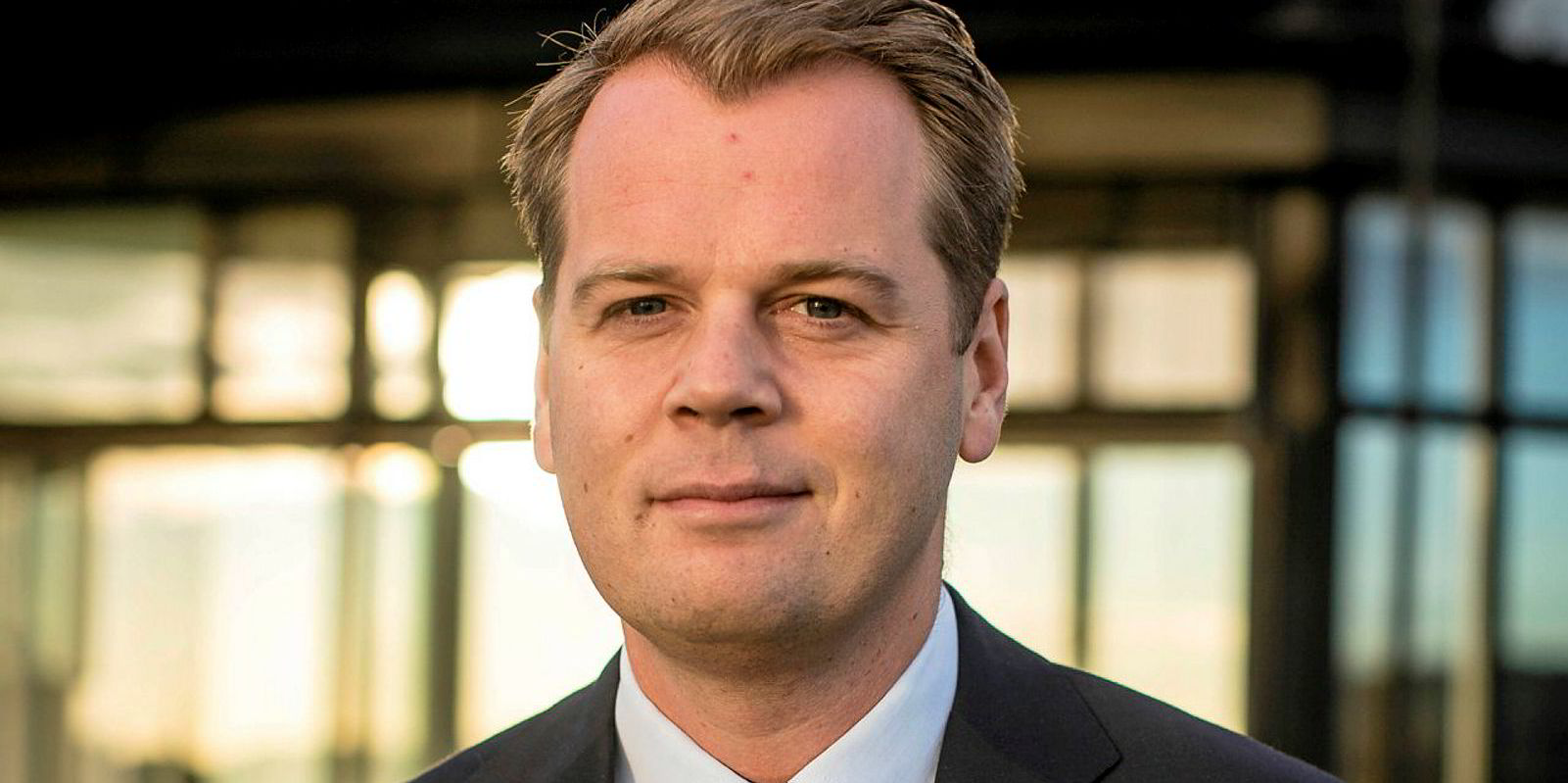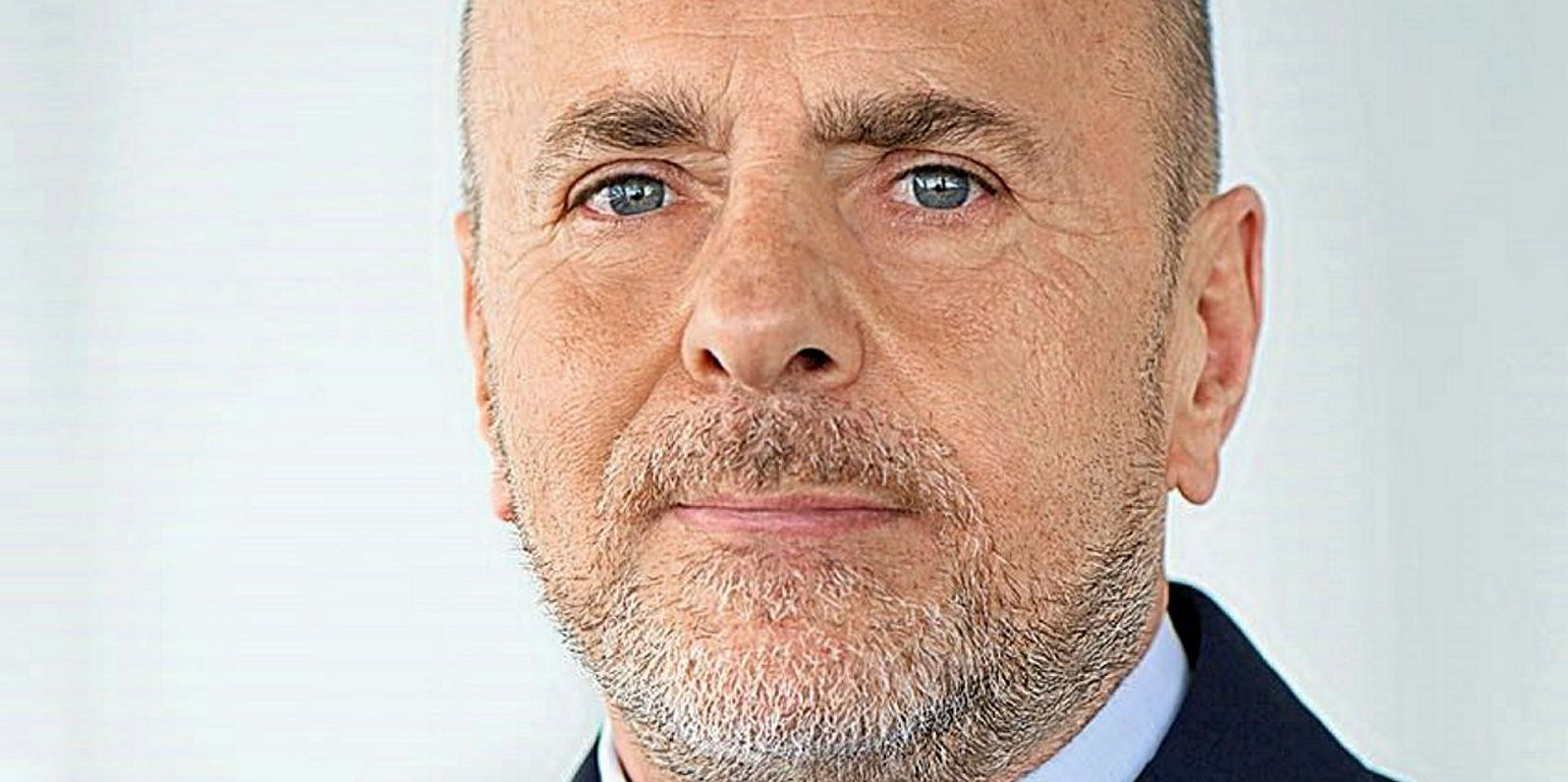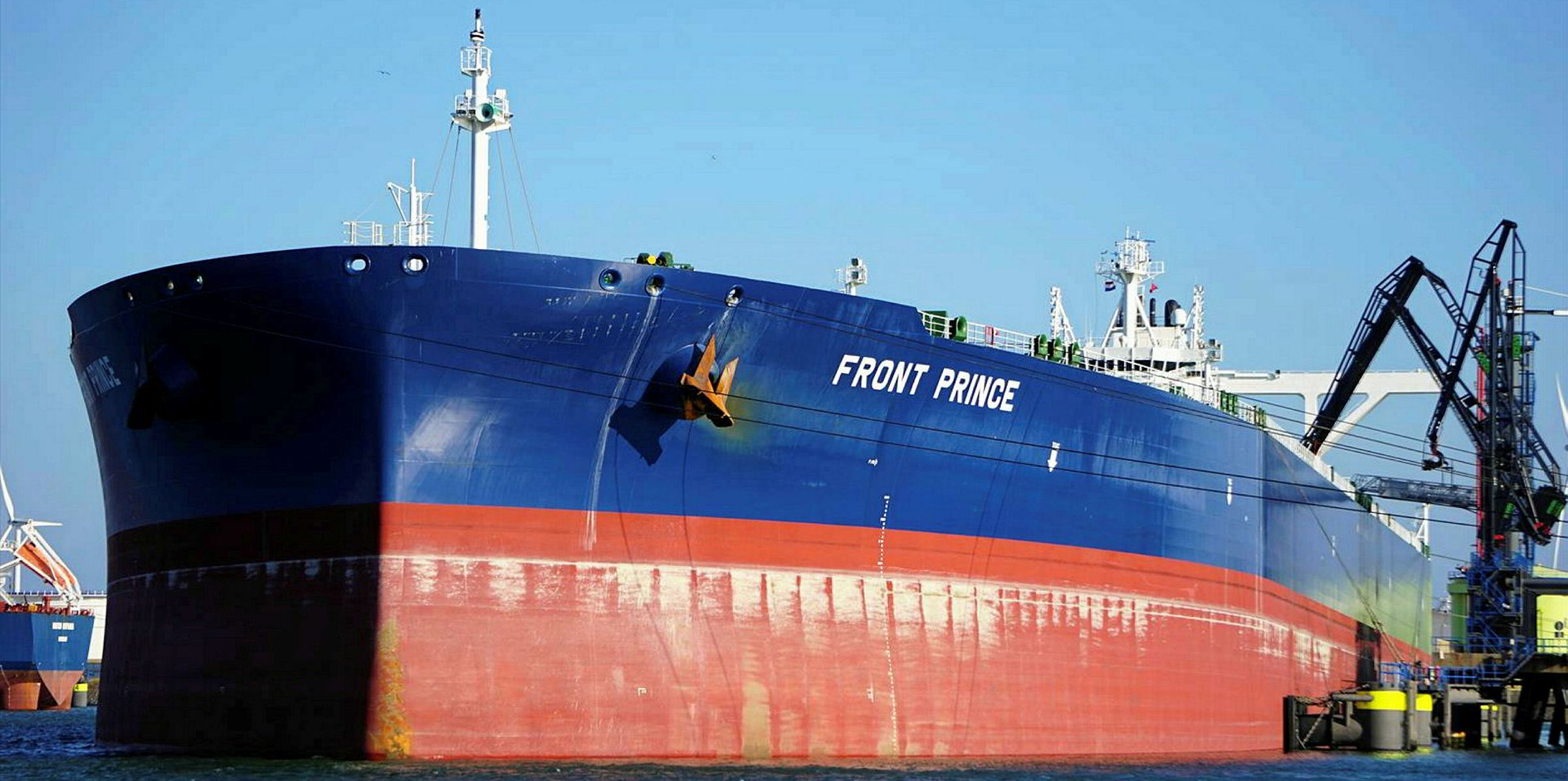John Fredriksen tanker company Frontline has posted its best profit figures in more than a decade following a surge in tanker rates.
The Oslo and New York-listed shipowner logged net earnings of nearly $109m in the final three months of 2019, compared with $25.5m a year ago.
The average time charter equivalent (TCE) rates for its VLCCs were $58,000 per day in the fourth quarter, up from $22,900 in the third.
For the first quarter of this year, Frontline is estimating levels of $90,300 for the 83% of days it has covered.
Its break-even is $22,700 per day.
Revenue jumped from $217m to $338m, while Frontline flipped to an annual profit of $140m from a loss of $8.88m in 2018.
Demand increases before 2020 setback
The result was driven by increased tanker demand as tonne miles increased due to the growing Atlantic to Asia trade, tighter available fleet capacity and early effects of the IMO 2020 implementation, it said.
This coincided with the attacks on oil facilities in Saudi Arabia and the sanctions on the Cosco fleet, which further strengthened the market.
But just a few weeks into 2020, the market strength reversed as Libya lost 1m barrels per day of oil production due to its civil conflict, Nigeria declared force majeure on Bonny crude and the world "held its breath" during attacks in the Middle East, Frontline said.
Then the sanctions were lifted on the Cosco fleet and the coronavirus appeared, having made an immediate impact on world trade, oil demand and the freight market.
Unaltered long-term view
But Frontline said its long-term view of the market remained unchanged. It sees crude demand increasing.
"We are certainly not in a position to predict when that will happen, but we are cautiously optimistic that the spread of the virus will be contained sooner rather than later, even though it, according to news headlines, is only is getting worse," the Oslo-headquartered company added.
"To be perfectly clear, until the spectre of the coronavirus subsides, we will be cautious in the short term."
After the threat fades, tankers could experience a particularly strong earnings period, the company believes.
"The first half of the year is always weaker than the second half due to seasonal refinery maintenance, and rates for modern vessels are still at reasonably high levels compared to the same period in recent years, which speaks to the underlying conditions and the IMO 2020 shift," Frontline said.
Spot TCE earnings for suezmaxes and LR2s were $38,200 and $29,800 per day, respectively, in the final quarter.
The tanker owner estimates suezmaxes are averaging $71,900 in the first quarter, and LR2s $36,300, based on days contracted so far.
'Exceptionally well-positioned'
“Frontline’s ability to generate significant income has been proven in our fourth-quarter results, and the strong market continued into the first quarter of 2020, resulting in the strongest earnings period since 2008 for owners of modern, fuel-efficient vessels," chief executive Robert Hvide Macleod said.
"However, primarily due to the effect of the coronavirus, we have a near-term macro headwind with a slowdown in oil demand, particularly in China. We can’t forecast the duration of this impact, but once the coronavirus is contained, Frontline is exceptionally well positioned for the strong rebound we believe will follow."
Fearnley Securities said Ebitda of $168m and adjusted earnings per share of 57 cents were below its estimate as VLCC and suezmax rates came in below expectations.
"However, compared to peers, both segments are performing well," the investment bank added.
The $0.40 dividend is "clearly a sign of what’s to come in our view," Fearnley Securities said.
It said forward bookings look strong. Assuming conservative rates for its uncommitted days, it is forecasting Ebitda in the first quarter of between $250m and $280m.







